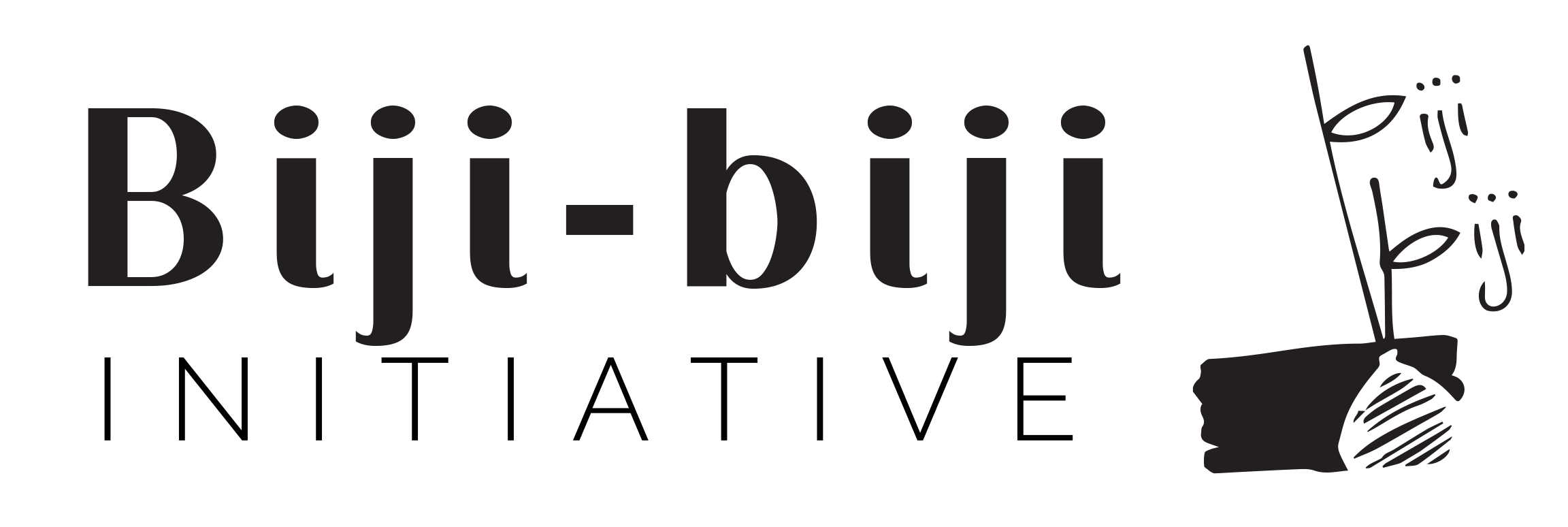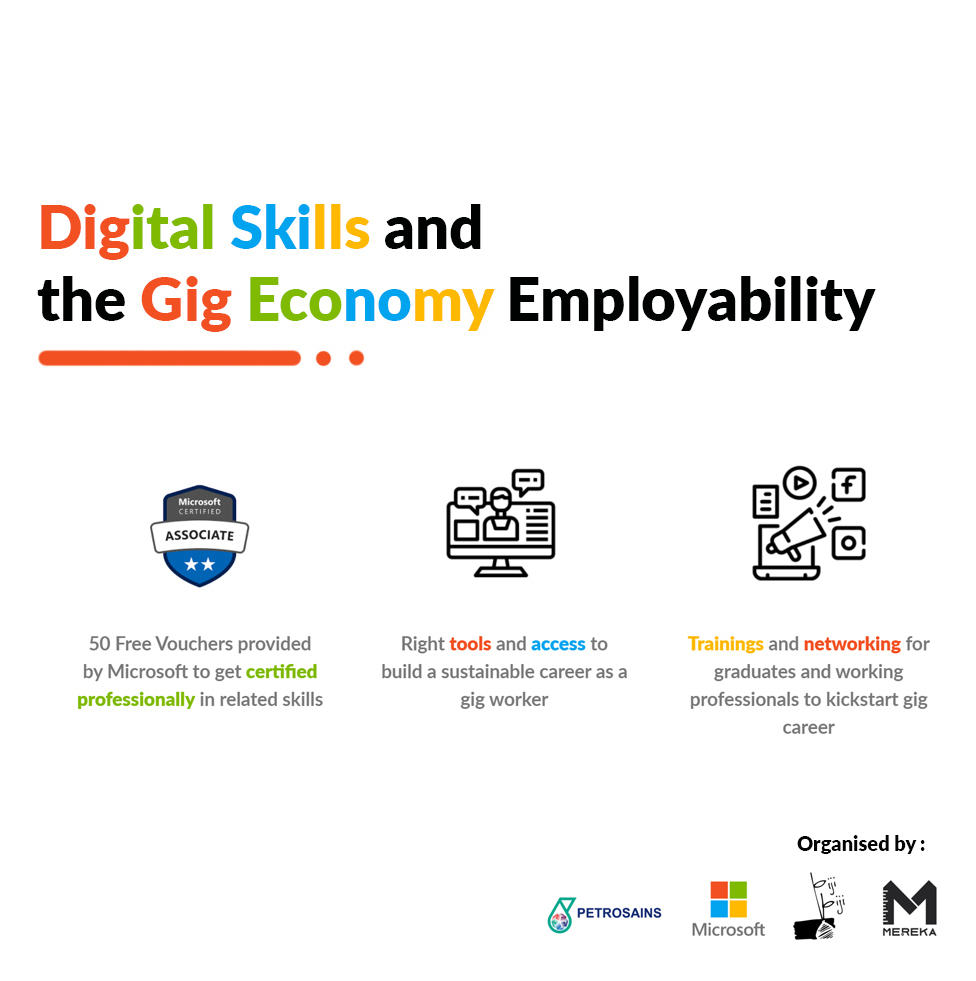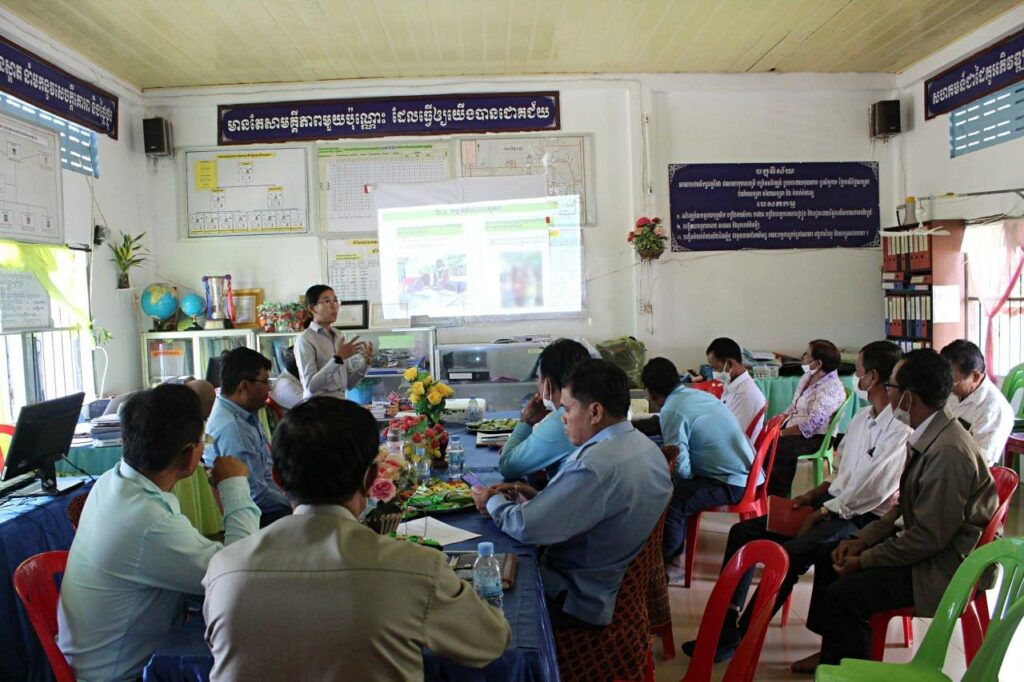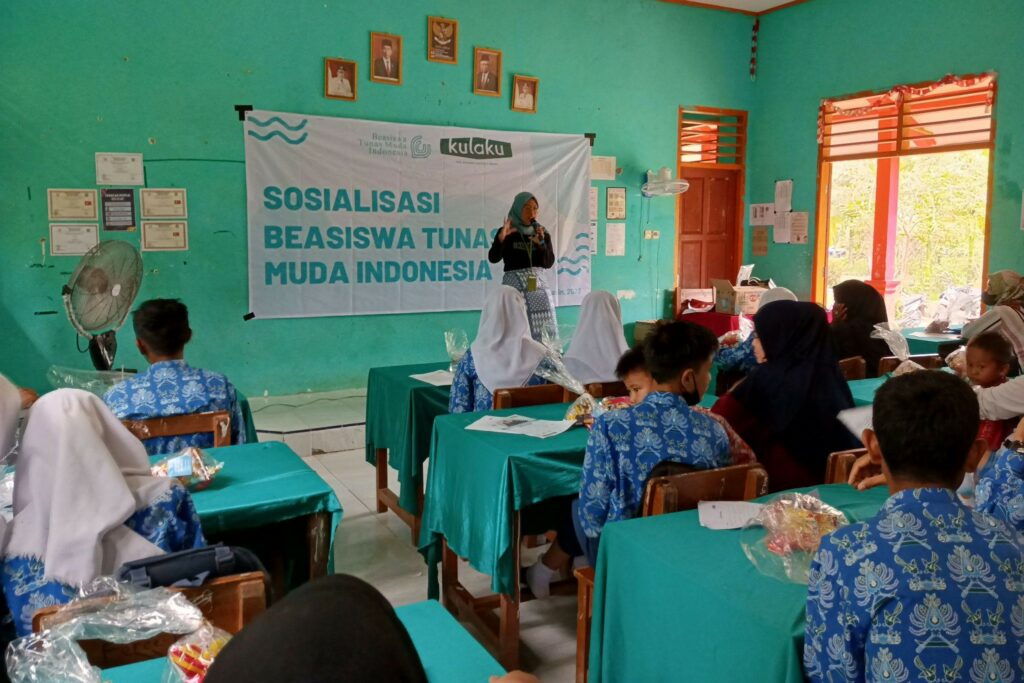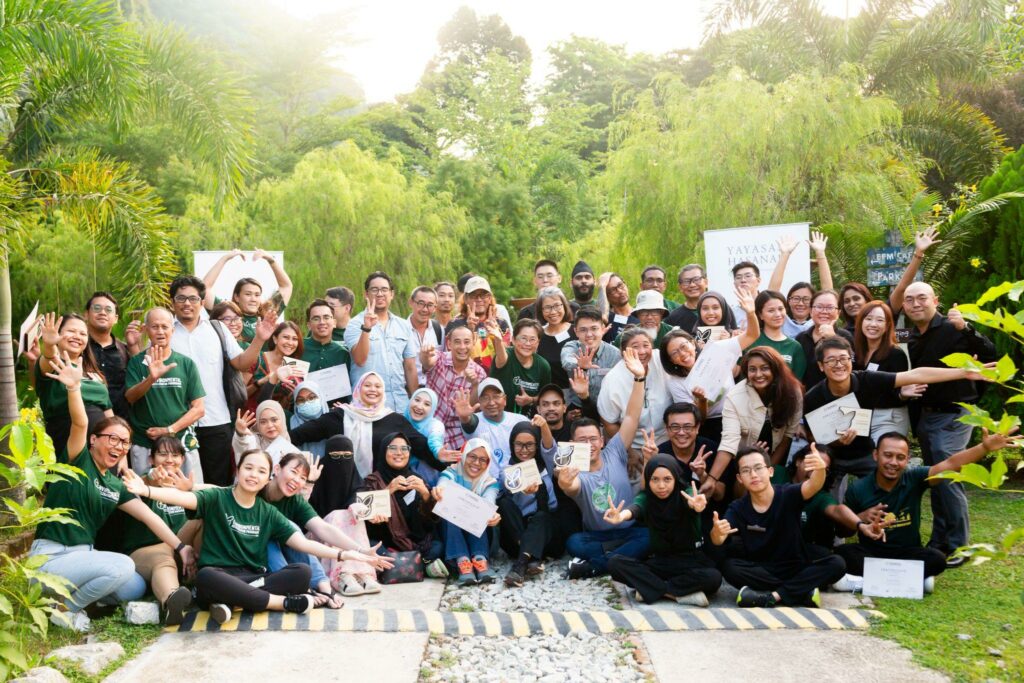In the fast-paced, tech-driven world we thrive in today, it has become undeniably important to upskill and reskill yourself.
Upskilling is a workplace trend that facilitates continuous learning by providing training programs and development opportunities that expand an employee’s abilities in their current job role.
On the other hand, reskilling is the development of additional skills to help employees progress toward a better role.
Why you should upskill and reskill yourself
1. Upskilling enhances your competency in responding to the market’s needs – and increases your job security!
Technology continues to push at the boundaries of the way organisations operate. In response, companies and employees should update their technical knowledge and skillsets accordingly to address the market’s immediate problems.
Moreover, the global pandemic may prove to highlight how important it is to upskill and reskill individuals so that employees can maximize their potential in their current position, or shoulder responsibilities of new tasks to support the organisation.
Most industries have taken blows from the pandemic, oftentimes resulting in layoffs, hiring freezes, and furloughs. The rest of us may be growing accustomed to the ever-changing nature of a new normal; while some of us get comfortable with uncertainty.
With upskilling and reskilling, you will position yourself as an employee actively updated on industry trends with the intention to improve the quality of your work. As opposed to an employee who simply shows up, perhaps it’s more worthwhile to value your work instead!
2. Upskilling and reskilling boosts the quality of your work – and your happiness!
Think back to a time when you efficiently completed a task, secured an important deal, or successfully delivered a large project – it must have felt wonderful!
Over time, investment of time in ensuring your skillset is growing or improving benefits the quality of work you produce. It may even increase your task productivity!
In the long run, it is also likely that the improved quality of your work will affect your happiness and morale in your role. This positive loop keeps you satisfied with the work that you do.
3. Upskilling and reskilling provides networking opportunities
One common way to upskill yourself is through online courses tailored to a specific skill.
Aside from providing you with additional qualifications that increase your employability, online courses open up a universe of like-minded people who are likely to be on a similar path as you are… which are great opportunities to get in touch, make friends, and grow your network!
How do fellow Malaysians feel about upskilling and reskilling?
The good news is that fellow Malaysians display positivity in building resilience in facing change, despite the notion of digitalisation as a threat to the labor market.
Randstad Malaysia, one of the largest recruitment and human resources services companies, commissioned a 2020 Covid-19 Labour Pulse Survey. The study surveyed 531 of locally-based employees between June 26, 2020, and July 5, 2020, in investigating the local workforce’s sentiments about the employment market and challengers of job seekers thus far.
- Of the 91% of respondents who intend to re-skill and upskill themselves, 55% mentioned that their reasons for doing so are to be prepared for a different future, with automation and digitisation;
- 21% are interested in changing their career or industry;
- 13% mentioned the concern of losing their current job due to redundancy; and
- close to 9 in 10 Malaysia-based workforces (89%) are positive that digital technology opens up doors of opportunity.
It is no secret that many job-seekers and employees harbour fears of being made redundant due to digitalisation. However, statistics show that many are willing to upskill themselves to get ready for the future.
How do you upskill and reskill yourself?
All in all, upskilling is great. Before jumping in, we have a few tips.
First, it’s worth noting that upskilling and reskilling takes time. In other words, you may be gravely disappointed to expect results within the next few days!
Before diving head-first into an online course to pick up technical skills, consider your long-term and short-term goals. Are you upskilling or reskilling to land a new role, or to improve your current work quality? Concrete goals help visualize the end results of your journey and it helps you stay motivated.
Next, consider your learning style and the amount of time set aside for these courses. While there may be a sense of urgency, it is more worthwhile to be realistic about upskilling and reskilling within capabilities.
Now that we have these considerations sorted, we recommend going for free, online courses, such as from Coursera, Udemy, FutureLearn, Google Digital Garage, Khan Academy, Codeacademy, and such. Besides cost-free, these courses are highly customizable and suited towards a wide range of learning styles. Essentially, you will be able to upskill yourself anywhere, anytime, anyplace.
If you’re excited to get started with an online course, we have a great recommendation!
The Digital Skills and Gig Economy Employability Programme
Our team at Biji-biji Initiative has partnered up with Microsoft and Petrosains to bring you an exciting upskilling programme to focus on upskilling the gig community in establishing a more sustainable and professional gig profile. It’s called the Digital Skills and Gig Economy Employability Programme!
In case you’re wondering, a gig community consists of a variety of individuals, including part-time workers as well as full-time devotees making a living solely from on-demand work.
If you’re a fresh graduate interested in building your own gig career, consider joining this upskilling programme made up of webinars, certification, and workshops – a loaded course to jumpstart your gig career!
Interested to begin? Hop on the website here to learn more and SIGN UP!
It is also important to recognize that upskilling is not limited to learning and improving technical skills; soft skills (i.e., communication skills and leadership qualities) are just as crucial. A wide range of online courses, webinars, and programmes cater to these topics as well but recognize that consistent efforts to network with individuals in the industry also serve to enhance your soft skills in the long run.
Other upskilling techniques include mentoring, shadowing, and “lunch-and-learn” sessions.
Lunch-and-Learn @ Biji-biji Initiative
A lunch-and-learn is an activity where employees eat lunch in a group setting while simultaneously utilizing that time to complete training, seminars, and other education.
Within our own team at Biji-biji Initiative, we hold weekly Lunch and Learn sessions among our team members. During these sessions, we discuss social issues, the news, and general, overarching topics easily overlooked in our busy day-to-day work schedules.
These sessions are kept short but sufficiently stimulating to keep our minds thinking about the issue at hand throughout the day.
It’s our first step in creating and fostering a culture of self-development and improvement – it’s also a great opportunity to squeeze in an upskilling session among ourselves!
Let us know your thoughts about upskilling and reskilling, and a technologically-advanced future. How are you looking forward to it?
